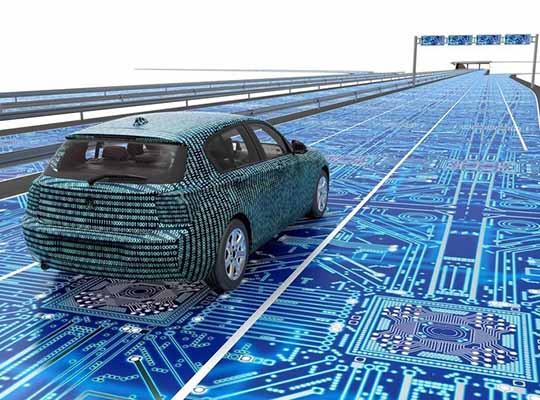Leveraging Ansys model-based engineering and simulation solutions, Panasonic Automotive achieved ISO 26262 ASIL-D process certification. Panasonic Automotive and Ansys collaborated on a systematic, model-based approach across the safety lifecycle to optimize the practice of standards-based functional safety analysis throughout the development process.
Innovations in the automotive industry for the in-cabin user experience are increasing the complexity and functionality of embedded systems — many of which are safety-related and integral to the safety lifecycle — making it more difficult and time-consuming for engineering teams to identify all safety risks. As a result, manufacturers are placing a growing emphasis on safety standards and compliance to ensure product safety. While these evolving industry standards aid engineers in identifying and addressing risks, achieving certification through legacy processes is error-prone and time-consuming.
Panasonic Automotive streamlined functional safety analysis across the next-generation eCockpit development process by implementing Ansys medini analyze to help ensure compliance with industry standard ISO 26262. Medini analyze provides a model-based approach to efficient, repeatable and consistent analysis tasks throughout the development process, meaning industry certification is accounted for at the earliest stages of design, reducing development time and costs.
“We believe mobility innovations will continuously evolve in a system- and software-defined world, and it is essential to have an overriding process dedicated to functional safety,” said Andrew Poliak, chief technology officer at Panasonic Automotive. “Implementing Ansys medini analyze as a foundational tool for functional safety analysis helped us define that process while saving time. Our collaboration with Ansys allows us to confidently deliver next-generation automotive systems that meet and exceed customer expectations for safety.”
As a part of its new systemic approach to safety analysis, Panasonic Automotive directly engaged with Ansys technical teams to create formalized training and best practices that will support future process certification initiatives.
“Model-based engineering and simulation is more important than ever as next-generation vehicle systems grow in complexity,” said Shane Emswiler, senior vice president of products at Ansys. “The recent achievement of Panasonic Automotive is proof that, with the right solutions, meeting critical industry requirements does not have to slow the pace of innovation. We look forward to continuing to support the Panasonic Automotive team in developing safe and secure eCockpit automotive systems.”













